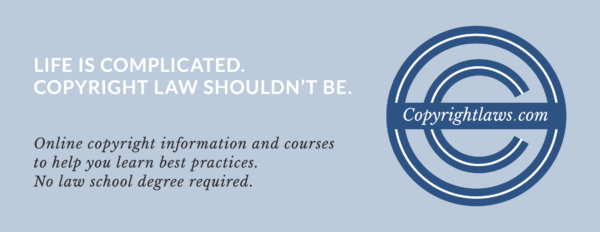Brief Information about Copyright Law
Copyright law is a legal framework that grants creators of original works exclusive rights to their creations. These rights typically include the right to reproduce, distribute, and perform the work. Copyright law aims to balance the interests of creators and the public by providing incentives for creativity while also promoting the dissemination of knowledge and culture.
Detailed Information about Copyright Law
Copyright law encompasses a broad range of creative works, including literary, artistic, musical, and dramatic works, as well as software, architectural designs, and even choreographic works. It provides creators with the exclusive right to control the use of their works for a limited period, typically the author’s lifetime plus an additional number of years.
Key features of copyright law include:
- Originality: Works must be original and fixed in a tangible medium of expression to be eligible for copyright protection.
- Exclusive Rights: Copyright holders have the exclusive right to reproduce, distribute, perform, and display their works.
- Duration: Copyright protection typically lasts for the author’s lifetime plus 70 years, although this duration can vary depending on factors such as the type of work and the jurisdiction.
- Fair Use: Certain uses of copyrighted works may be considered fair use, such as criticism, comment, news reporting, teaching, scholarship, and research.
- Exceptions and Limitations: Copyright law provides exceptions and limitations to exclusive rights, such as the doctrine of first sale and the idea-expression dichotomy.
Detailed Analysis of the Key Features of Copyright Law
| Key Feature | Description |
|---|---|
| Originality | Works must be original and fixed in a tangible medium of expression to be eligible for protection |
| Exclusive Rights | Copyright holders have exclusive rights to control the use of their works |
| Duration | Copyright protection typically lasts for the author’s lifetime plus 70 years |
| Fair Use | Certain uses of copyrighted works may be considered fair use |
| Exceptions | Copyright law provides exceptions and limitations to exclusive rights |
Types of Copyright Law
Copyright law encompasses various types of works, including:
- Literary works (e.g., books, articles, poems)
- Artistic works (e.g., paintings, sculptures, photographs)
- Musical works (e.g., compositions, songs)
- Dramatic works (e.g., plays, scripts)
- Audiovisual works (e.g., films, videos)
- Architectural works
- Software
- Choreographic works
Ways to Use Copyright Law
Copyright law can be utilized in various ways, including:
- Protecting original creations from unauthorized use
- Licensing works to others for distribution or performance
- Enforcing copyright through legal action against infringers
- Collaborating with others while maintaining control over creative output
- Exploiting works commercially through sales, rentals, or digital distribution
Problems and Solutions with Copyright Law
Challenges associated with copyright law include:
- Difficulty in enforcing copyright in the digital age due to widespread infringement
- Balancing the rights of creators with the interests of the public in accessing and using creative works
- Addressing issues of orphan works, where the copyright holder is unknown or cannot be located
- Combatting piracy and unauthorized distribution of copyrighted content online
Solutions to these problems may involve:
- Strengthening enforcement mechanisms to deter infringement
- Promoting education and awareness about copyright laws and fair use principles
- Implementing technological measures to protect digital content
- Developing alternative licensing models, such as Creative Commons, to facilitate legal sharing and reuse of creative works
Main Characteristics and Comparisons
| Term | Description |
|---|---|
| Copyright | Grants exclusive rights to creators of original works |
| Fair Use | Permits certain uses of copyrighted works without permission under certain conditions |
| Public Domain | Works that are not protected by copyright law and are freely available for use |
| Creative Commons | Provides a range of licenses that allow creators to specify permissions for their works |
Perspectives and Future Technologies
The future of copyright law may involve:
- Adoption of blockchain technology for transparent and immutable copyright registration and enforcement
- Evolution of artificial intelligence for automated copyright enforcement and content recognition
- Development of new business models for monetizing digital content while respecting copyright laws
VPN and Copyright Law
VPNs can be used in conjunction with copyright law in several ways:
- Protecting the privacy and anonymity of users engaged in legal activities, such as accessing copyrighted content from abroad or sharing creative works securely
- Circumventing geo-blocking measures to access content that may be restricted in certain regions due to copyright limitations
- Safeguarding against potential copyright infringement claims by encrypting internet traffic and masking IP addresses
Links to Resources
For more information about copyright law, consider the following resources:
- United States Copyright Office: copyright.gov
- World Intellectual Property Organization (WIPO): wipo.int
- Creative Commons: creativecommons.org
This article provides a comprehensive overview of copyright law, including its key features, types, applications, challenges, and future perspectives, along with the role of VPNs in the digital copyright landscape. For further exploration, readers are encouraged to consult the provided resources.


